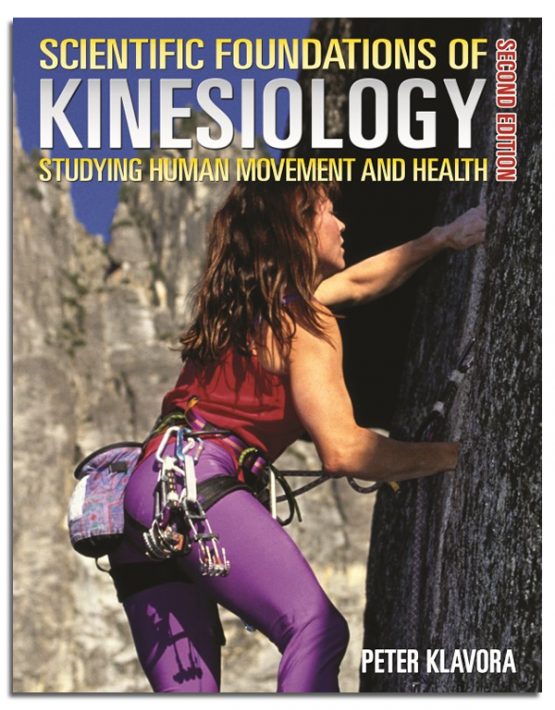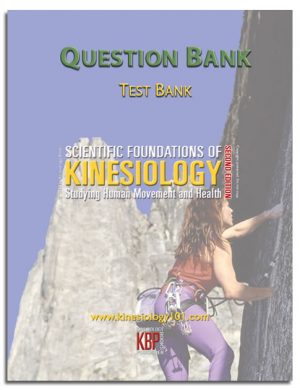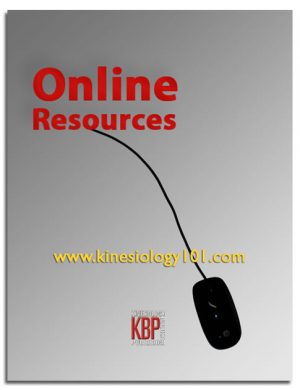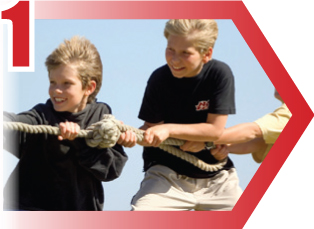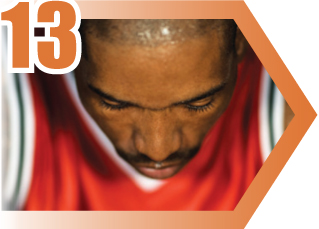Scientific Foundations of Kinesiology Studying Human Movement and Health 2nd Edition
Textbook
By: Peter Klavora
Written for introductory courses in kinesiology and exercise science, this second edition explores the study of human movement and the body’s response to exercise. It also examines the principles, systems, and factors involved in human development within the context of society. The concepts are explained in clear and easy-to-understand language and further developed with full-color images and figures. Examples from the field and chapter discussion questions emphasize the concepts.
Chapters include: anatomy, sports injuries, physiology, biomechanics, motor learning, fitness, sport psychology, and history of human movement. The relevant career options available to students in the field are also examined. For more details, please explore the Related Products and Additional Information sections on this page.
$89.95 only eBook available
Request an Instructor Examination Copy
| ISBN | 978-0-920-905-35-7 |
|---|---|
| Edition | 2nd |
| Year Published | 2016 |
| Format | eBook |
| Pages | 352 full color, glossy pages |
| Specifications |
|
| ebook | https://dashboard.editionguard.com/products/kinesiology101/scientific-foundations-of-kinesiology-studying-human-movement-and-health-2nd-ekkamkp |
| ebook only | Yes |
Author
 |
Peter Klavora, PhD
Peter Klavora is an Associate Professor Emeritus from the Faculty of Physical Education and Health at the University of Toronto. Professor Klavora received his degrees from the University of Alberta and the University of British Columbia. For more than three decades, he was committed to teaching motor learning, sport psychology, coaching theory, and statistics and research methods at the University of Toronto. Early in his teaching career, Professor Klavora became interested in publishing in these fields. He authored, coauthored, and creatively edited over 40 texts, activity books, manuals, and guides. He also published 64 papers in refereed scientific and professional journals. Other creative professional work included the development of several innovative products and videos in the field of physical education. Professor Klavora was an active member and president of the Canadian Society of Psychomotor Learning and Sport Psychology. He was also an international and national presenter at more than 60 scientific gatherings. |
